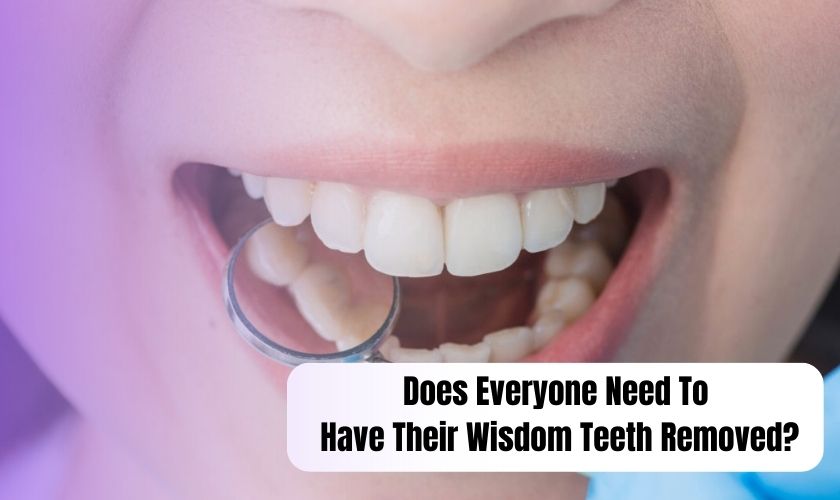Are tooth extractions causing you to feel anxious? You’re not alone. Fear of tooth extractions is common, but it doesn’t mean you have to live with the anxiety forever. Here are four tips to help you overcome your fear of tooth extractions and receive the dental care that’s necessary for good oral health.
Tooth extraction can be a frightening experience, but it doesn’t have to be. With proper preparation, some strategies can help reduce your fear of tooth extractions and enable you to receive the dental care you need without feeling overwhelmed or anxious. Read on for four tips on how to overcome your fear of tooth extraction so that you can maintain healthy teeth and gums.
Tip 1: Educate yourself
Fear of tooth extractions can stem from feeling like there’s a lack of control or understanding of what will happen. The first step to overcoming this fear is educating yourself on tooth extraction and the process that will take place. Start by researching online or asking your dentist to explain the procedure in detail so that you know exactly what will occur during your tooth extraction. You can even ask to view diagrams, videos, or photos related to tooth extraction if available at your dental office. The more knowledge you have, you’ll feel comfortable with your appointment.
Tip 2: Talk with your dentist
In addition to educating yourself, it’s important to communicate with your dentist to provide you with even more insight. Express any reservations or questions about tooth extractions and listen carefully to their answers. Your dentist can provide reassurance and explain the tooth extraction process in further detail while outlining steps to ensure patient safety and comfort during the procedure.
Tip 3: Take deep breaths
When it comes time for your tooth extraction, make sure to take a few deep breaths before, during, and after the appointment. Breathing exercises are an effective way to relax as they help release tension from your body and mind. Taking some slow, deep breaths can help reduce your heart rate and anxiety levels.
Tip 4: Stay positive
It’s important to stay positive when it comes to tooth extractions, as attitude and outlook can affect the entire experience. Remind yourself that tooth extraction is a common dental procedure and that your dentist will do everything in their power to ensure you’re comfortable throughout the process. Positive thinking can help lower stress levels and make tooth extraction easier.
Final Words
Fear of tooth extractions is common, but it doesn’t have to prevent you from receiving necessary dental care. You can reduce your anxiety and maintain good oral health by educating yourself, talking with your dentist, taking deep breaths, and staying positive during tooth extraction appointments.
FAQs
Tooth extractions can be uncomfortable but don’t have to be painful. Your dentist will take the necessary steps to ensure that you remain comfortable throughout the procedure and provide pain relief options such as local anesthetic if needed.
The tooth extraction process can vary in length depending on factors like the tooth’s size and the case’s complexity. Generally, tooth extractions only last for a few minutes up to half an hour or so.
You should always consult with your dentist before having tooth extractions. Your dentist can assess your mouth and advise whether tooth extraction is best.



